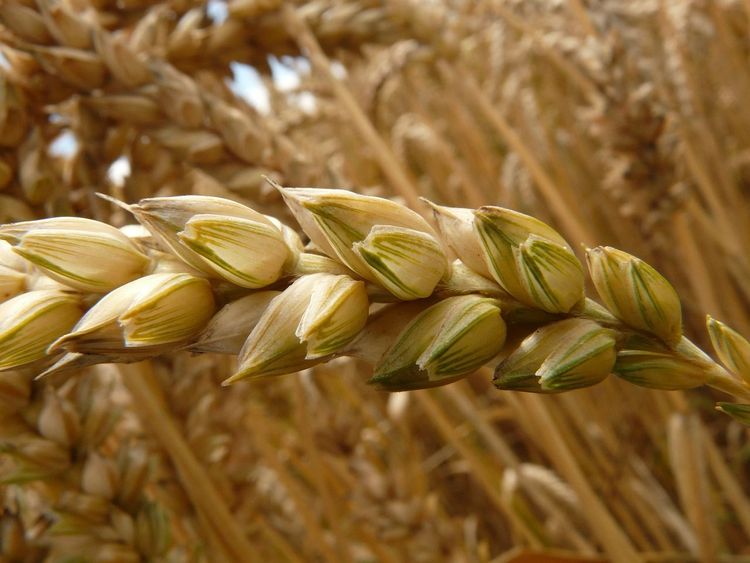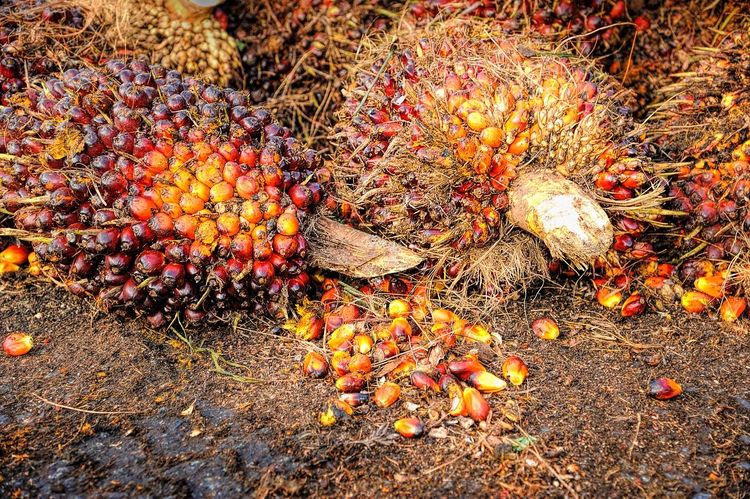India Seen Cutting Wheat Import Tax to Curb Food Price Inflation
India is expected to cut its wheat import tax and release additional grain reserves — the latest in a series of measures aimed at boosting the country’s wheat supplies as domestic prices for the grain continue to rise.
India last year restricted exports of wheat, wheat flour, and sugar in an effort to rein in prices. Last month, it also banned exports of non-basmati white rice, as Gro wrote about here. But those efforts have done little to curb rising food prices, in part because of India’s tight domestic wheat supplies.
At the start of the current marketing year in April, India’s wheat stocks were at their lowest level in 15 years as a result of a big jump in exports in the preceding two years, as seen on Gro’s India Wheat Yield Model & Balance Sheet. The country’s wheat stocks-to-use ratio, a measure of available supplies, is at a six-year low.
In addition, India’s own wheat production suffered this year due to a late season heat wave, as Gro wrote about here.
India has imposed a 40% duty on imported wheat since 2019, which has kept a lid on wheat imports, as seen in this Gro display. Now, the government is expected to sharply reduce the import tariff, or eliminate it altogether, at least for imports received through some of the country’s ports. The government also is expected to release reserves of wheat and rice to bulk buyers, such as flour millers.
But as India goes shopping for wheat on global markets, supplies of the grain in the world’s major exporting countries are forecast to be the tightest in three years. Exports out of war-torn Ukraine, India’s traditional top supplier of wheat imports, are largely blocked by Russia. And the wheat crop out of Australia, another major source for India, is projected to see a double-digit decline from last year.
China, a major producer as well as importer of wheat, also suffered a late season setback to its crop due to heavy rainfall, which is expected to increase the country’s need for imported wheat, as Gro wrote about here.
 Insight
InsightPrices Surge for Cocoa, Coffee, and Other ‘Soft’ Commodities
 Insight
InsightImproved Conditions Boost Prospects for India’s Upcoming Wheat Harvest
 Insight
InsightPalm Oil Production Set to Rise as Crop Dodges the Impact of El Niño
 Insight
Insight

 Search
Search